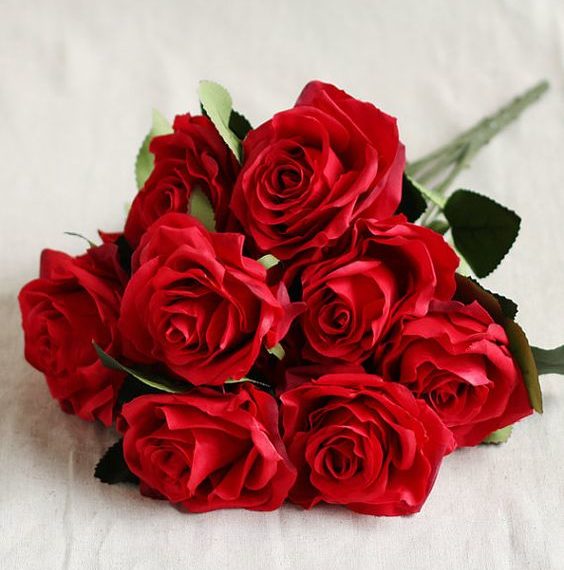Flower gift giving by Tabitha _etiquettelady
Tabitha Odu is a Certified Etiquette Consultant and Founder of Tabitha O Consulting Firm, a consulting firm that specializes in providing Virtual Tailored Consulting, Seminars and Video Conferencing in Youth Etiquette, Business Etiquette and Social Etiquette.
She also provides customized private one-on one individual training sessions for first ladies, or high net worth individuals, who would like to upgrade their etiquette skills in interaction with other people
Tabitha Odu was until recent the Country Director for the Duke of Edinburgh’s International Award in Nigeria, One and the same as (The International Award for Young People Nigeria) an International Non Profit Organization that provided a platform where young people ages 14-24 could learn life skills .
Flower Gifting Etiquette
Flowers are among the most frequently given gifts worldwide.
For centuries, flowers have symbolized love, fertility, marriage, and romance, so the act of giving flowers has a rich history. With that in mind, let’s take a look at how gifting flowers has changed over time. During the Victorian era, it became popular to use flowers to send secretive messages. Known as floriography, sending flowers became a commonly used way for lovers and admirers to express secret messages that Victorian etiquette deemed unacceptable to share openly. In the Victorian Era, when showing your emotions weren’t allowed.
Instead of speaking their emotions, the Victorians would give flowers to express their feelings. They developed unique meanings for each flower depending on the flower’s characteristics.
People began to build bouquets based on what they wanted to express. In fact, flowers became so important in Victorian culture that even the Royal Gardens gave certain flowers a place of honor.
If you received a gift of flowers during the Victorian Era, it was important that you knew all the different meanings for each flower. You also needed to know the meaning behind how the bouquet was styled and how it was held out to you.
Other parts of the world eventually adopted the Victorian tradition of Floriography and giving flowers. Today, individuals can buy a wide range of local and international flowers and the tradition of giving flowers is still an important part of modern culture. It’s now a common practice to give a potted flower as a gift or send a flower arrangement to your spouse at work.
Many people are still unsure of what type or color of flower is appropriate for each occasion, so I’m going to be sharing some tips that would make you feel more comfortable when choosing flowers to gift.
Birthdays
A beautiful floral bouquet of Yellow roses (friendship) are popular to include in a birthday bouquet. The best birthday bouquets are chosen based on the recipient’s favorite blossoms or those that symbolize an aspect of your relationship with the person. In addition to yellow roses, here are a few ideal flowers to include in a birthday bouquet:
* Pink carnations, Red chrysanthemums,
* Forget-me-nots: remember me forever
* Jasmine
Valentine’s Day.
Valentine’s Day flowers began as a tradition in the 17th century, since roses, which represent love in all its forms, were the flowers of choice for the Day. The rose is supposed to be the favorite flower of Venus, the Goddess of Love, because it stood for strong feelings. As a result, lovers began giving flowers to those they cared about to show their love for each other, which often knew no bounds, other Valentine’s Day flowers and meanings.
* Red roses: passion
* Coral roses: desire
* Pink roses: admiration
* White roses: chaste love
* Primroses: new love
Weddings
For weddings, red roses (symbolizing passionate love) and peonies (symbolizing a happy marriage, prosperity, and good fortune) are always popular choices for wedding bouquets and arrangements.
Funeral Flowers
It’s okay to send floral arrangements to the family of the deceased for use in the home or during a funeral or service, but always Check with the deceased family before sending flowers as Some cultures and religions do not traditionally receive flowers during funeral services, or certain colors of flowers are deemed inappropriate.
the following are sympathy flowers and meanings
* Lilies: restored innocence to the departed soul
* Red roses: respect, love, and courage
* Crimson roses: grief and sorrow
* Orchids: sympathy and eternal love






